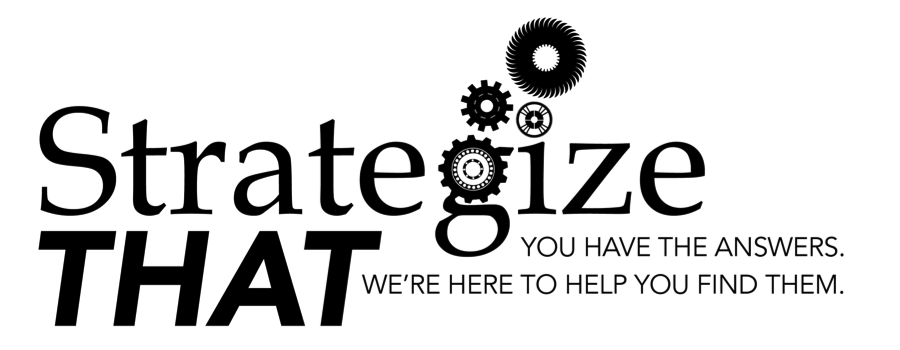High-EQ leaders have better communication skills and also happen to be a lot more rewarding to work with. “There is a huge difference between being a manager, a leader, and an effective leader — one who garners results but also respect,” said Lori Scherwin, executive coach and founder of Strategize That, a New York City-based leadership consulting firm. “That difference is empathy,” she added — a core component of a healthy EQ.
Scherwin said to ask questions earnestly, with a true eagerness to learn. “Ask out of curiosity, not judgment,” she said. She recommended asking questions like:
How are you? How’s it going?
Where could you use the most help?
What can I do differently to ensure you are successful?
What do you need MORE of from me?
What do you need LESS of from me?
“People are motivated when they feel respected and heard.” Scherwin said. “The more you get buy-in rather than simply direct others, the better their productivity — and ultimately yours.”
“The best leaders create a culture of openness where people understand the value they provide and feel they have an opportunity to contribute,” Scherwin said. But for this to happen, we need managers with high emotional intelligence at the helm. And while some people naturally have higher EQ than others, EQ isn’t fixed; you can apply the strategies outlined here to work on yours. While leading others might never be easy, improving your EQ will make you a more effective leader, creating a more meaningful workplace for everyone.
